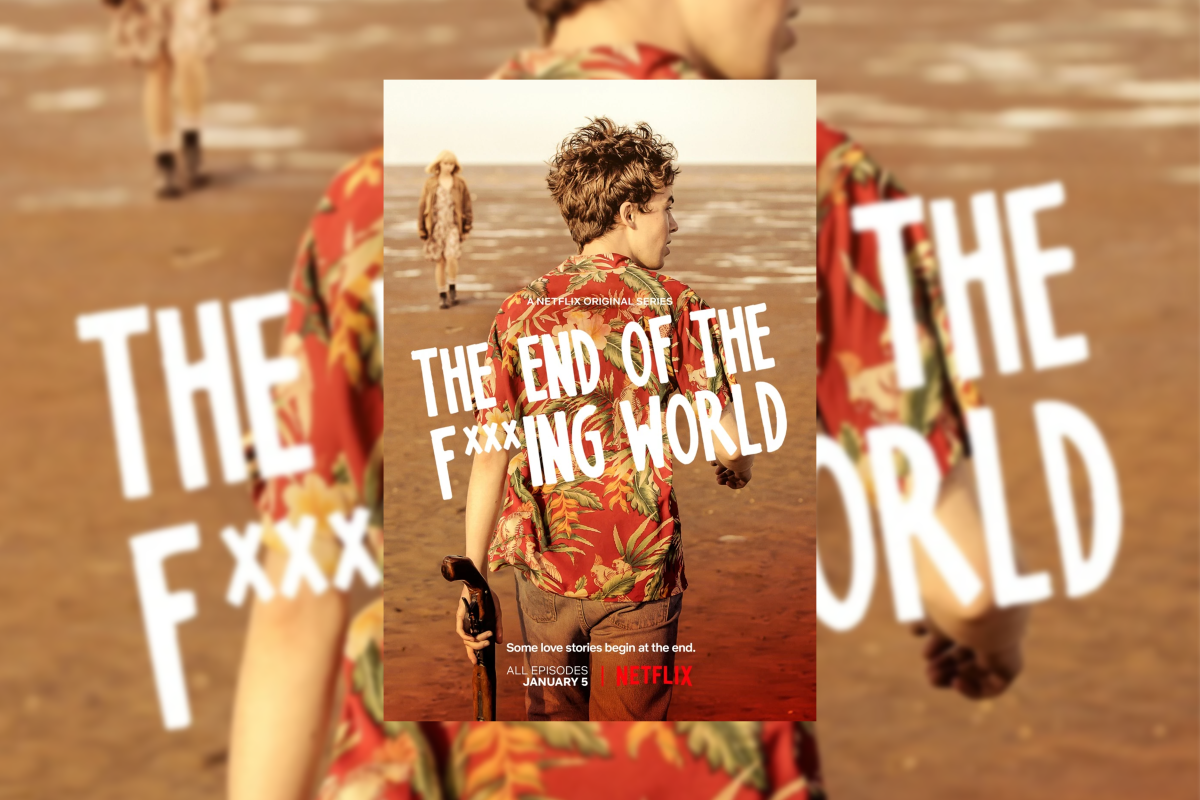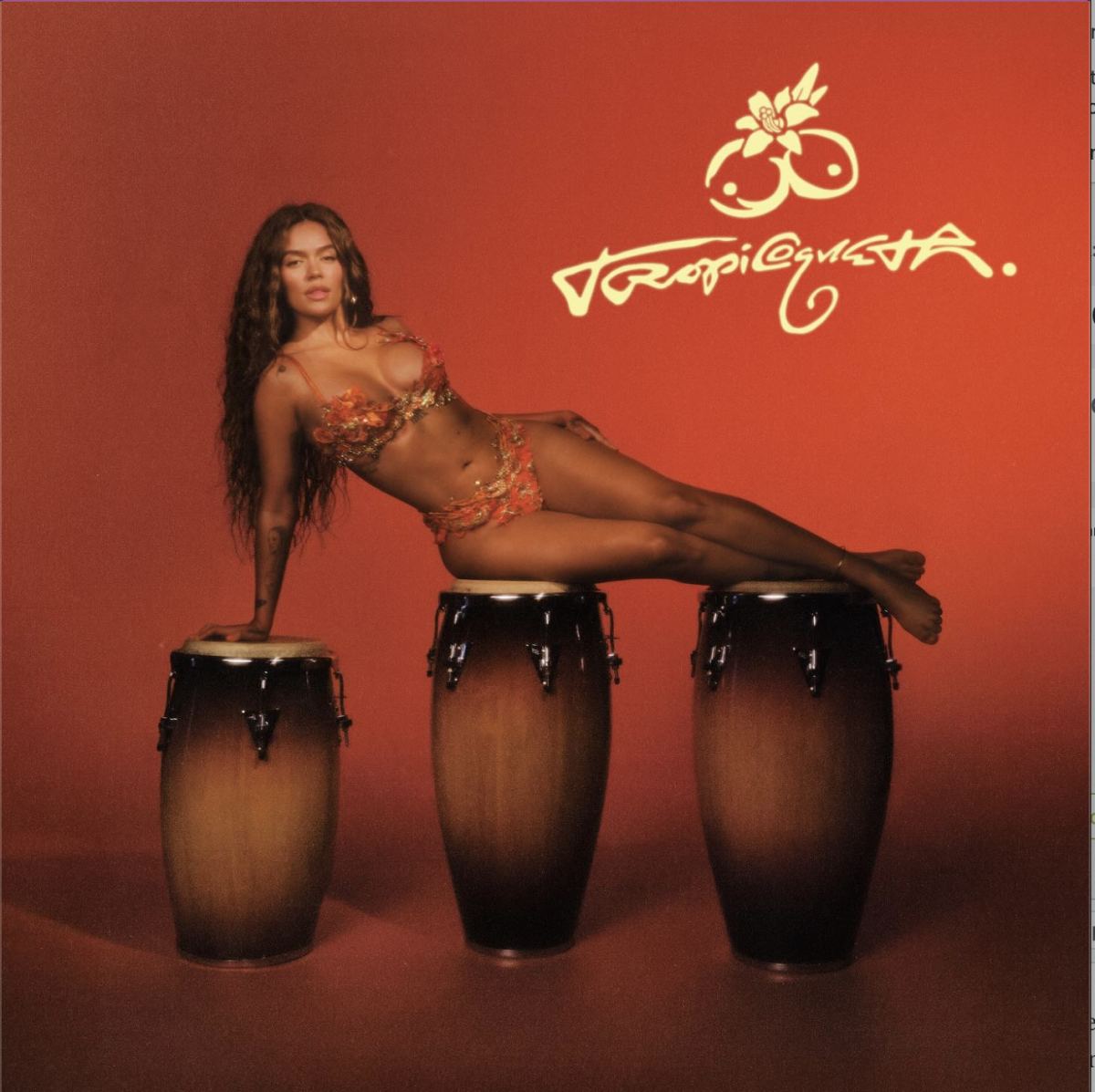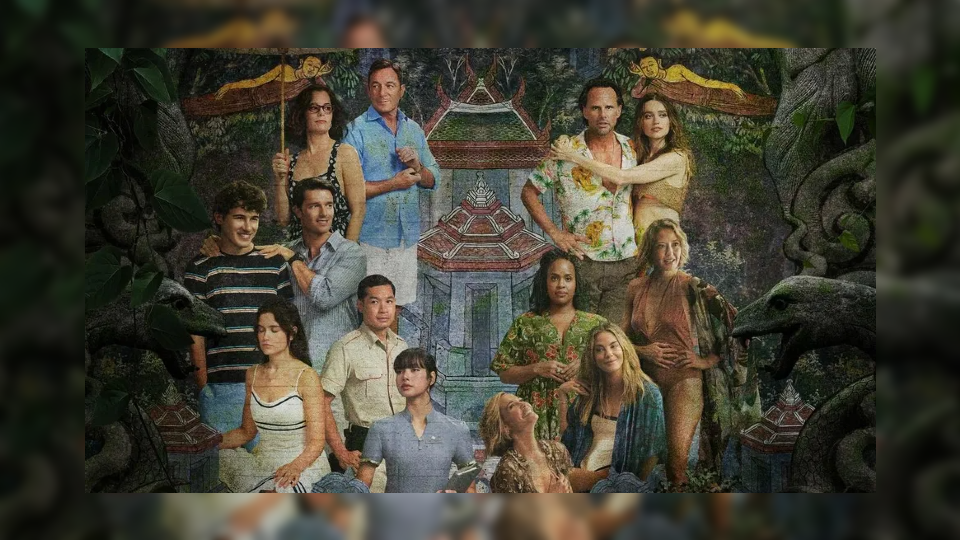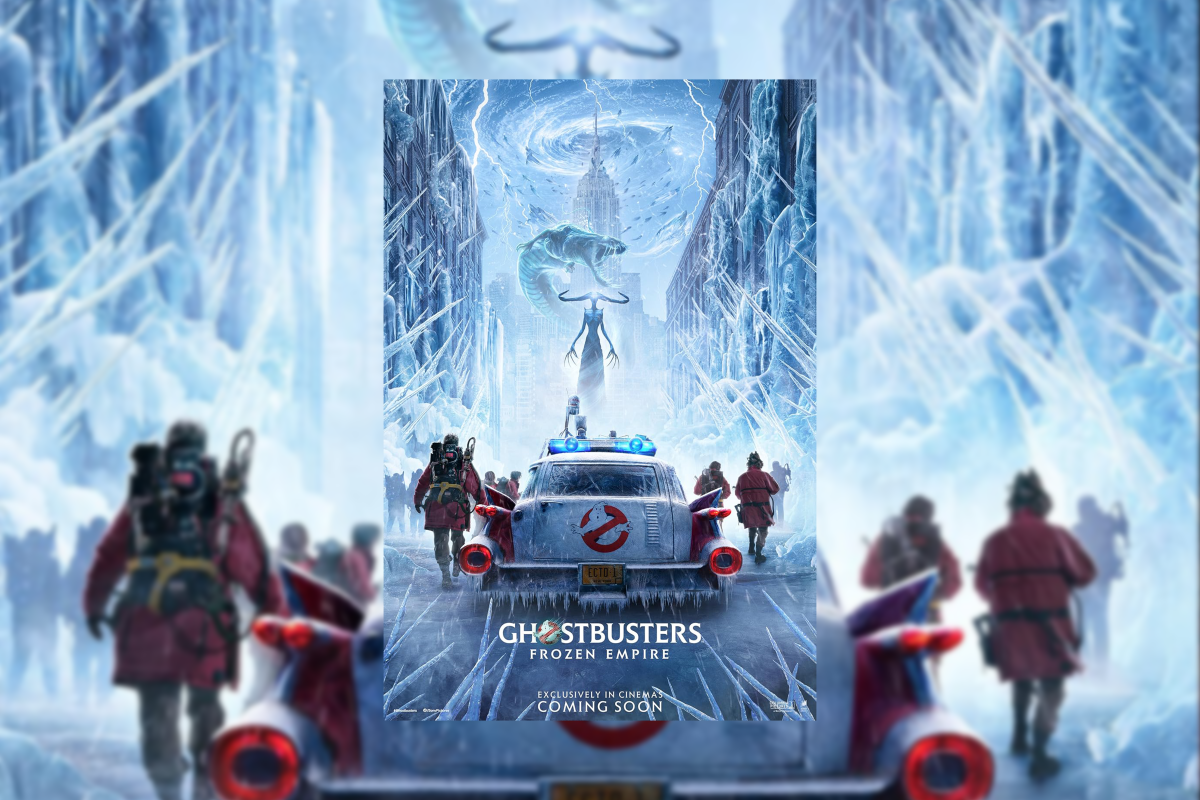“Is it going to explode?” James asks, standing shirtless in the middle of the wilderness.
“It’s not a film,” Alyssa retorts, standing next to him, looking petulant. “If this were a film, we’d probably be American.”
The car then bursts into flames in front of them.
So begins the second episode of Netflix’s “The End of the F***ing World,” the television adaptation of the Charles Forsman comic by the same name. Its most bare-bones synopsis—two outcast teenagers run away to live outside the law—may seem a bit too John Green-brand sentimental to stomach. But the premise is floated effortlessly by the mismatched pair of James and Alyssa. Passive, mild-mannered, self-described psychopath James, obsessed with death, agrees to become Alyssa’s boyfriend to better find an opportunity to murder her. Abrasive Alyssa, discontent with her role in her family’s periphery, sets out to disrupt the status quo by any means possible.
The result? The unintended murder of a serial rapist whose house the pair broke into, a few run-ins with lesbian lover buddy-cops, some new haircuts, and pure unadulterated television magic.
Under the helm of less skilled writers, actors, or directors, “The End” might have devolved into a trophy mess. But Jessica Barden (Alyssa) and Alex Lawther (James) deliver layered performances that make clear that the show is about teenagers who hardly understand the rest of the world, let alone themselves. When teenagers view themselves as tropes, they’ll embody them. At least, before they realize some important things about themselves.
As James does something terrible, even for a good reason, he is struck by the realization that he was never a psychopath to begin with. Following this, he reveals, hesitantly, the story of how he lost his mother. Meanwhile, Alyssa comes to grips with her vulnerability. She begins the series with moody antagonism (“I’m going whether you come with me or not”) while internal narration contradicts her outward bravado (“Please say yes”); by the conclusion, she can voice her true opinions to James, who finds it possible to connect with her emotionally.
While the show makes some play at romance between the two, the best parts of their relationship are platonic. They fumble through the motions of being a couple, the hilarious results of which represent internal growth rather than their external relationship. “I think Alyssa might be a nymphomaniac,” James thinks in the first episode, as the shot pans to her grabbing his thigh. Later, standing over the dead body of Alyssa’s would-be rapist, covered head-to-toe in blood and ready to faint, the first thing James asks for is confirmation that Alyssa is a virgin. “Me too,” James says. The moment isn’t one of romantic exploration; it’s one of bizarre panic. But hey, maybe that’s what makes it love, as opposed to the usual television representation of the subject matter.
When you’re seventeen and your life isn’t ideal, any small thing can—and usually does—feel like the end of the world. Netflix has managed to turn the strange state of adolescence into an aesthetic rollercoaster narrative that’s surprisingly relatable, even for those of us without a murder record. Growing up, and into yourself, is a lot like killing someone else; it’s the person who you find along the way that determines how you come out of it.
For questions/comments about this story, email [email protected] or tweet @thewhitonline.
























































































































































!["Working with [Dr. Lynch] is always a learning experience for me. She is a treasure,” said Thomas. - Staff Writer / Kacie Scibilia](https://thewhitonline.com/wp-content/uploads/2025/04/choir-1-1200x694.jpg)















































